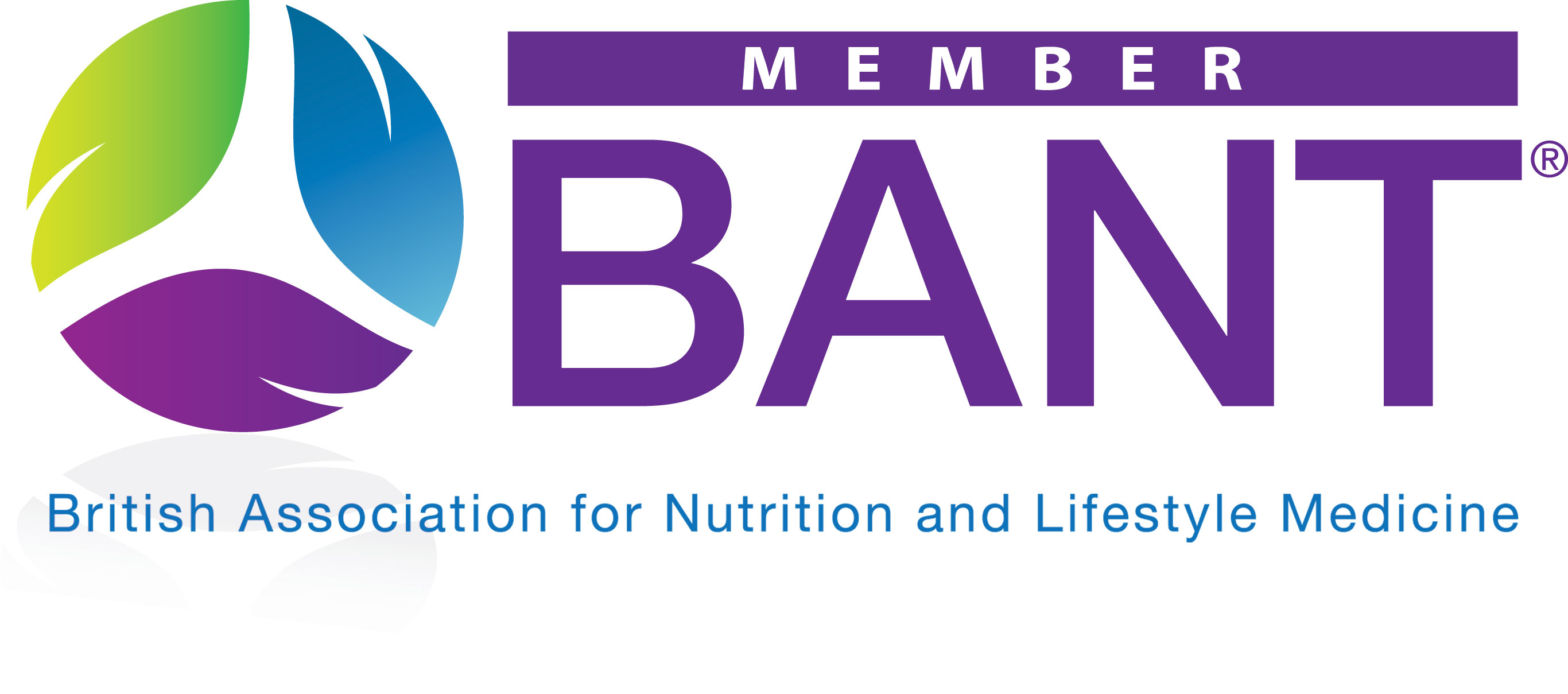By its very nature, being an athlete whether elite or amateur can be challenging. There are pressures physically, emotionally and mentally; dietary adaptations, arduous training schedules, time management constraints all place a demand on the body. Those living with an autoimmune condition are placing even more demands on the body. So how do we, as sports people living with an autoimmune condition support our body? Well first it’s important to understand what autoimmunity is.
What is autoimmunity?
The immune system is there to protect us and will create an inflammatory response when called into action. It is a complex network of cells, proteins and chemical reactions that safeguard us from bacteria and viruses and also help in healing the body. However, in autoimmunity the immune system becomes confused and the cells and proteins which are there to protect us, start to attack different parts of the body, and inflammation ensues.
There are over 80 different autoimmune conditions, examples are Rheumatoid Arthritis, Crohn's disease, Hashimoto disease, Celiac Disease, Lupus, Inflammatory Bowel disease, Type 1 diabetes to name but a few, and the indications are that autoimmune conditions are on the rise. To complicate matters further, someone who has been diagnosed with one autoimmune condition, has an increased risk of developing another.
Functional approaches to autoimmunity
Regardless of whether someone participates in sport or not, the initial focus is on reducing the inflammation and controlling the immune response. It is important to remember that we are all individual and one persons trigger for an autoimmune condition may be different to someone else. It is important to establish the underlying cause for the disease(s) and the associated inflammation. The main considerations are stress, hidden infections, leaky gut and nutrient deficiencies, food allergies/intolerances, toxins and genetic predisposition.
1. Stress, sleep & rest
The stress response is an automatic physiological reaction to an event that is perceived as stressful or frightening, and is a normal healthy function there to protect us. The cortisol which is raised in this situation is anti-inflammatory. However, long-term stress whether emotional or physical creates chronic elevations in cortisol, which can result in the immune system being resistant and subsequent increases in inflammatory cytokines further compromising the immune system. The risk of developing an autoimmune disease is considerably enhanced with chronic stress, and for those already living with autoimmunity it can be more difficult to down-regulate their immune response.
Including stress relief techniques is an important element to consider when managing an autoimmune condition. Yoga, meditation, deep breathing, assessing work/training/life balance are key. Sleep is essential in calming the nervous system and allowing the body to heal from inflammation. Research has shown that poor sleep quality and duration of sleep significantly increases inflammation, and in an already inflamed body this will severely hinder the performance and recovery.
Studies suggest that genetic predisposition accounts for around 30% of all autoimmune disease, and 70% are due to environmental factors, including hidden infections, gut dysbiosis and dietary components, and toxic chemicals.
2. Hidden infections
Evidence suggests that different classes of pathogens (bacteria, viruses and parasites) are involved in the trigger for an autoimmune response, and that some infections have a stronger link to autoimmune disease than others. So it’s important to check and remove any hidden infection, to lower the burden on the immune response.
3. Gut dysbiosis and dietary components
The gut is home to 100 trillion microbiota, and they have an essential role in helping to regulate the immune response, together with digesting foods, protection from invading bacteria, producing B vitamins and vitamin K. Certain bacteria are essential for maintaining the mucosal barrier of the gastrointestinal tract, and the conversation between the immune system and the outside world. The physical and emotional demands associated with being an athlete together with living with an autoimmune disease can result in damage to the environment within the gut, thus destroying the balance of microbiota. Also it has been found that emotional and physical stress can deplete the immune function present within the mucosal barrier, thus leaving the body open to infection and lower immunity, which can lead to an increased risk of autoimmune disease or autoimmune flare ups. It is therefore prudent to establish the health of the digestive tract and review different foods for intolerance. If the mucous layer is thin or leaky, certain foods can become intolerant and thus raise inflammation within the body, contributing to autoimmune symptoms and impacting on training, recovery and competition.
Stool testing is a good starting point in looking at digestive health markers, commensal and pathogenic bacteria and fungus, and providing the information you need to support the gut, reduce autoimmune symptoms and aid healing. Also it could be useful to keep a food diary and record reactions, and modify what’s being eaten and to promote an anti-inflammatory diet which will help to down-regulate the immune response.
4. Toxic chemicals
Toxic chemicals found in foods can range from Trans Fats, Polycyclic Aromatic Hydrocarbons in smoked meat and fish, BPAs in plastic, to mercury in fish and mould in grains. They are also in our cosmetics, household cleaning products, perfumes etc, and exposure can interfere with the immune system at the cellular level, which could mean further risk of exacerbating autoimmune symptoms or developing further disease. Avoiding this exposure and using organic and natural products will take the burden off the immune system.
5. Genetics
Genetics is an area which is gaining momentum in the health field and personalised nutrition. Our DNA is what makes us unique, but when we get gene variants as is often the case in chronic disease, the interactions with the hosts’ environment can have a massive influence on disease management and progression. Via genome testing will know exactly which gene(s) have a variant and how to directly support the body through diet and lifestyle choices. This is extremely useful when looking at reducing inflammation and supporting detoxification, repair, rest and hormone balancing
6. Exercise
Research points to the positive impact of long term exercise and the reduction in inflammation and improvement in immune function, which can help in the treatment of an autoimmune condition. However, stress can induce an autoimmune flare up and depending on current training, rest and recovery, dietary adaptations and life stresses, exercise can be a stressor creating a flare of the autoimmune symptoms. Consideration should be given to intensity, duration, frequency and type of exercise. Also be aware of your own body, and do not push yourself too hard whilst in a state of under-recovery, as this will ultimately lead to inflammation and an autoimmune flare.
Exercise is extremely important for autoimmune healing, but so is taking time to know the triggers, and to truly listen to your body. Ultimately you cannot adopt a ‘work through the barrier’ approach to autoimmunity, and healing will only come through stress management, rest, good nutrition and gut health, together with an appropriate training program.






